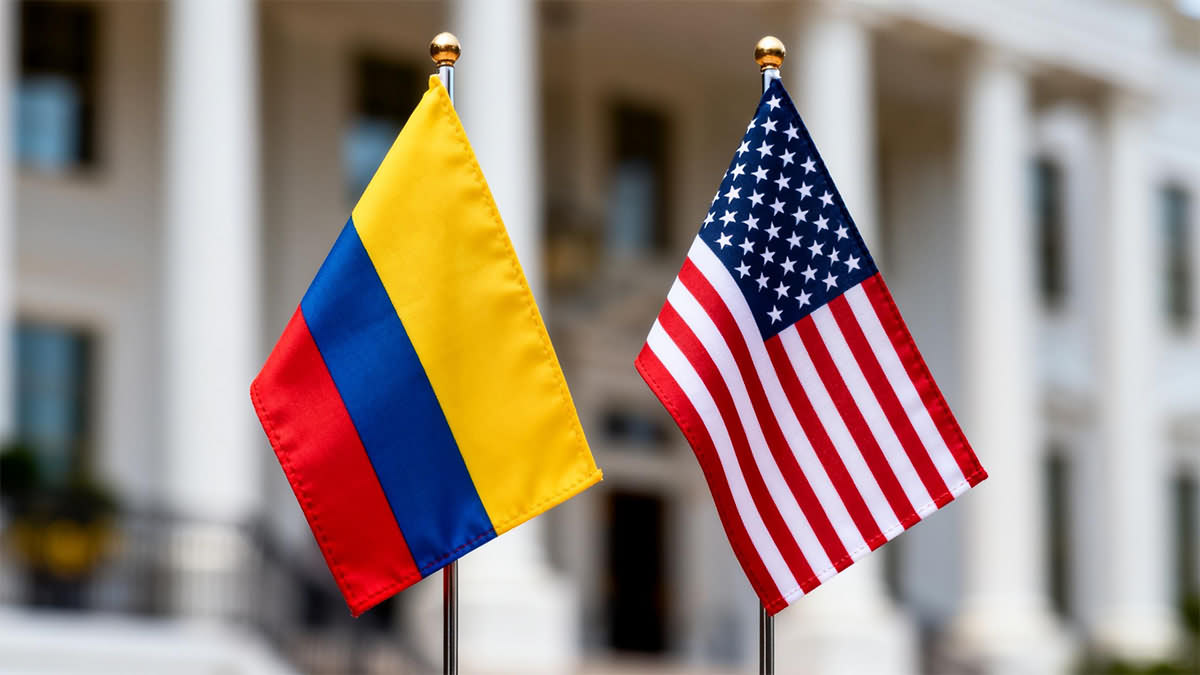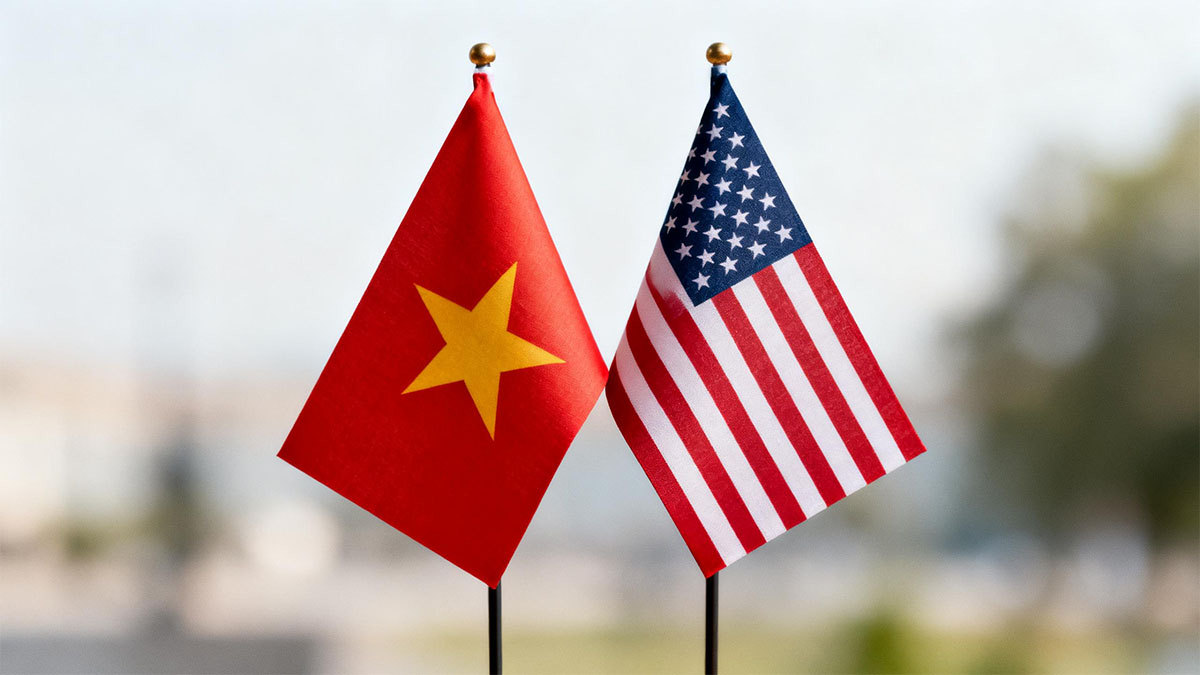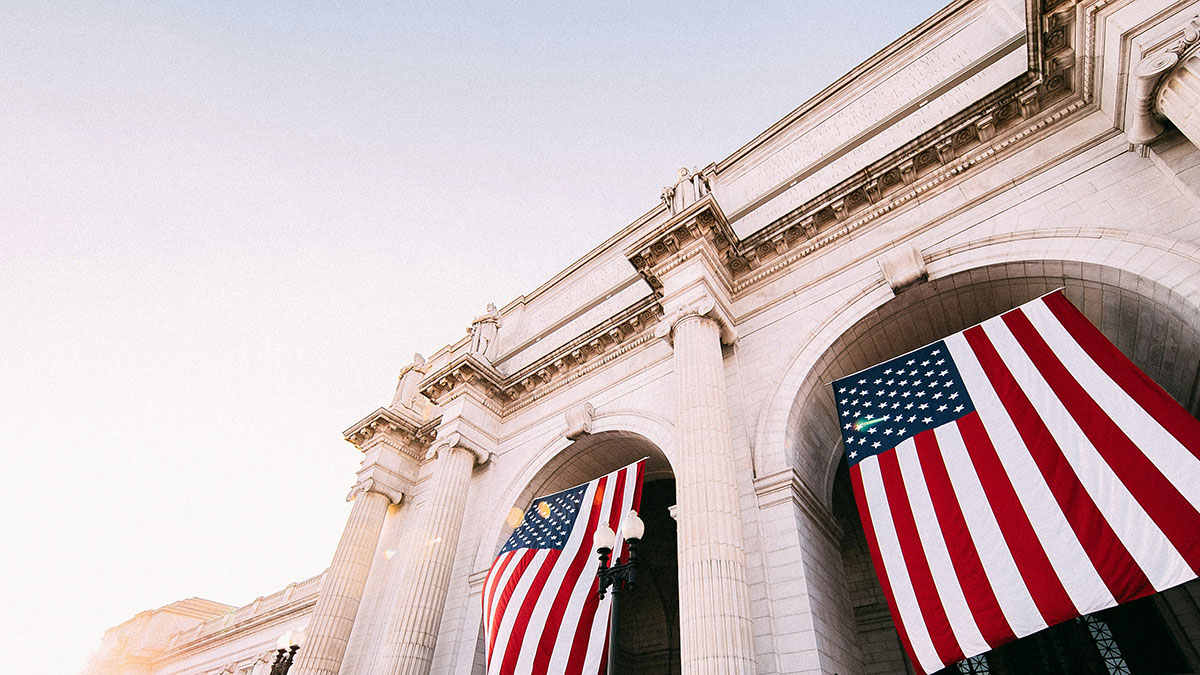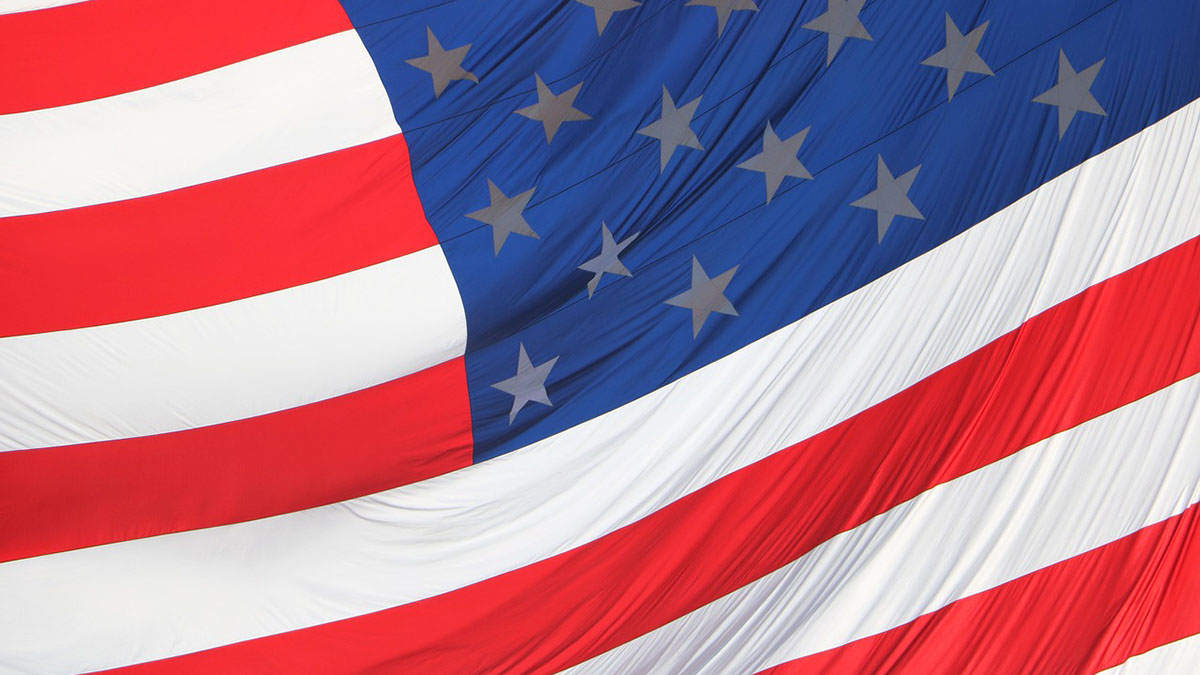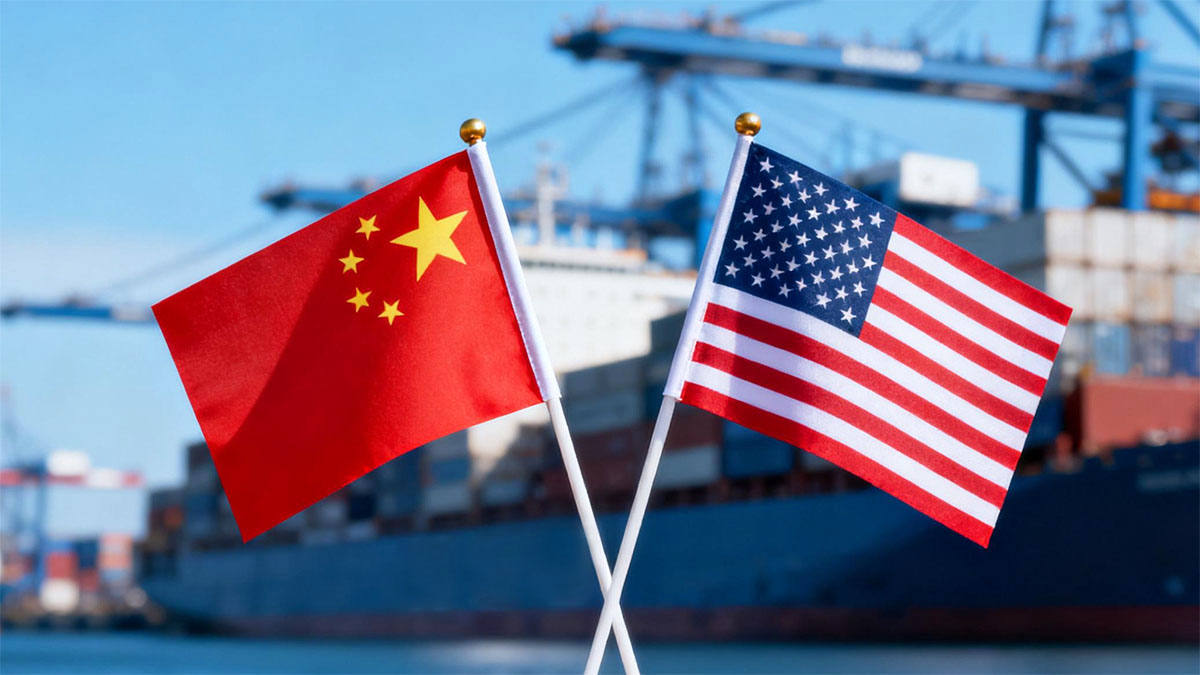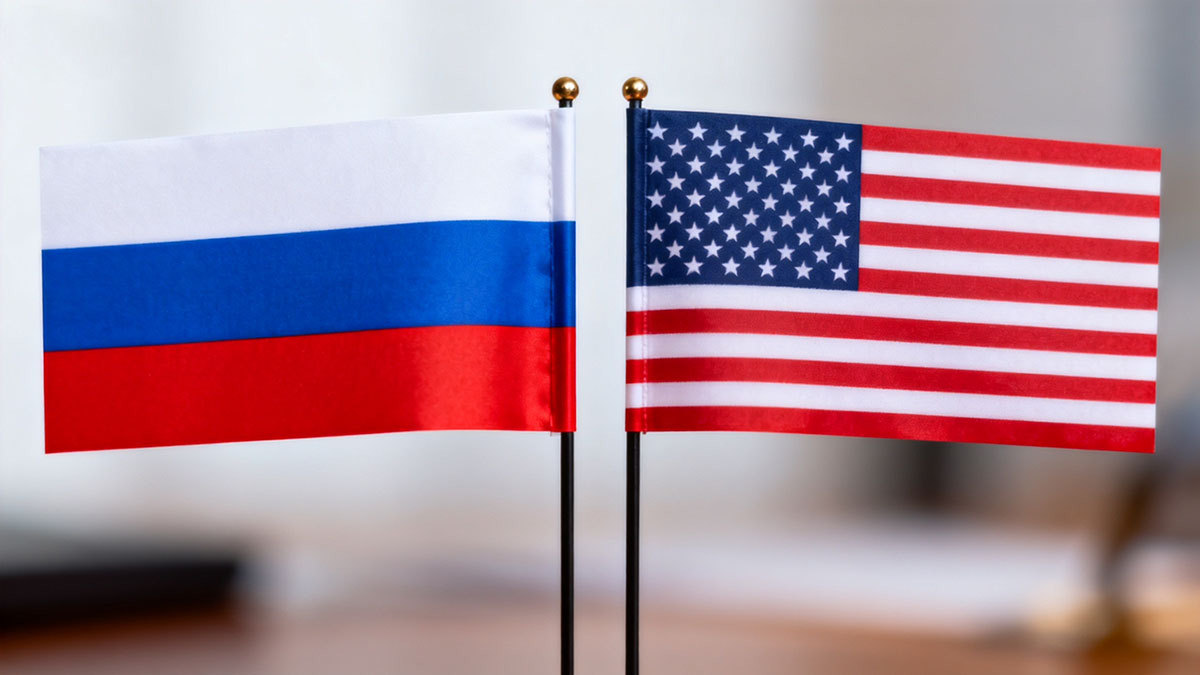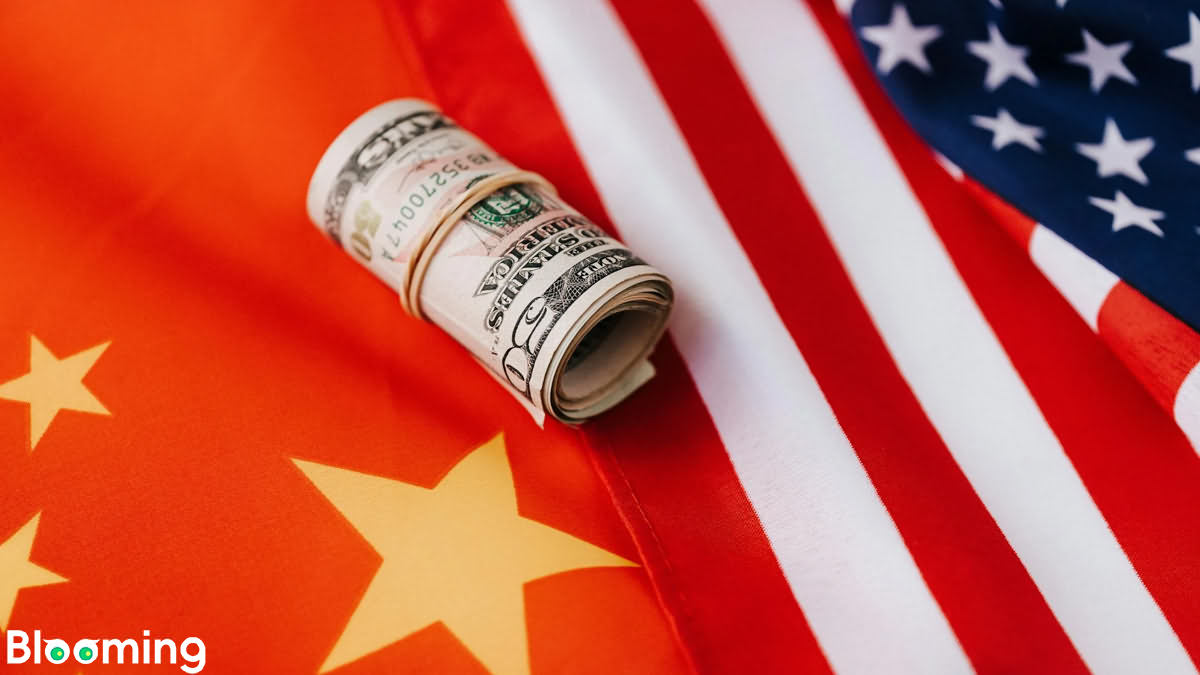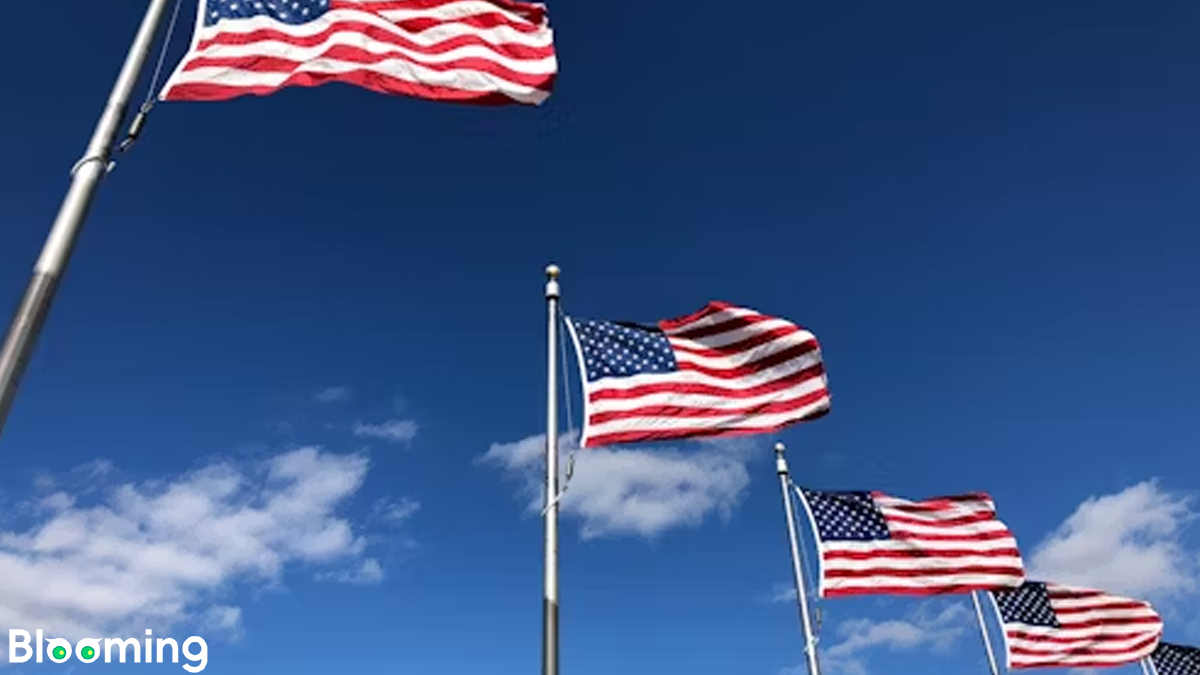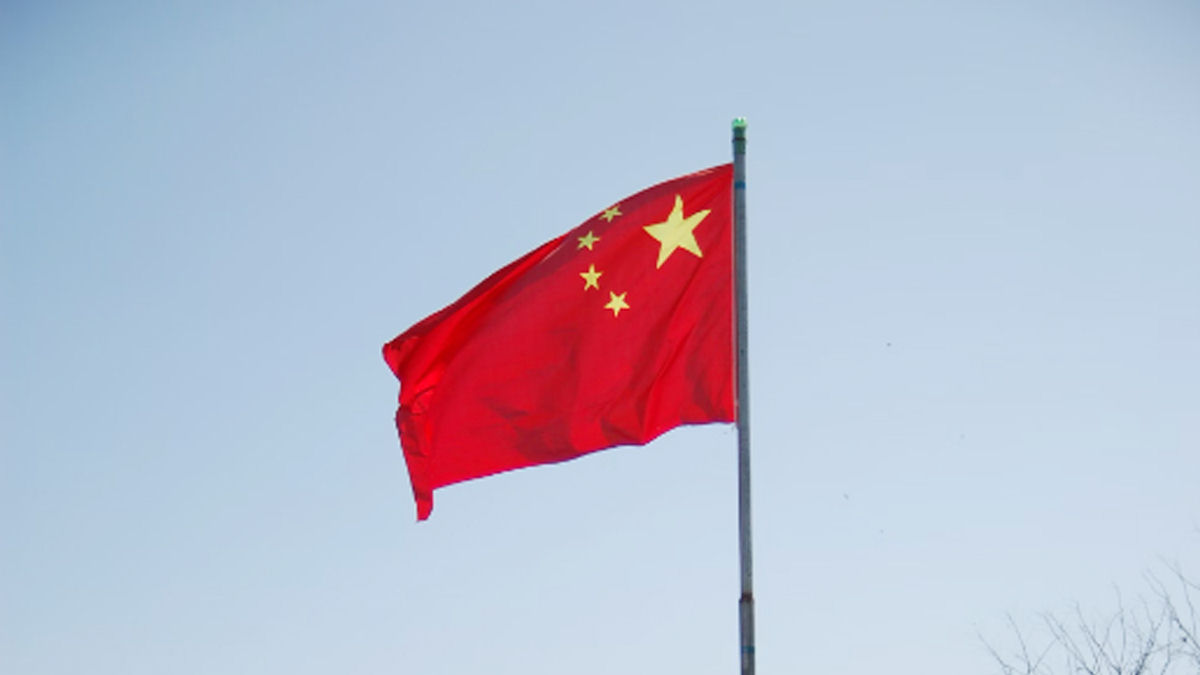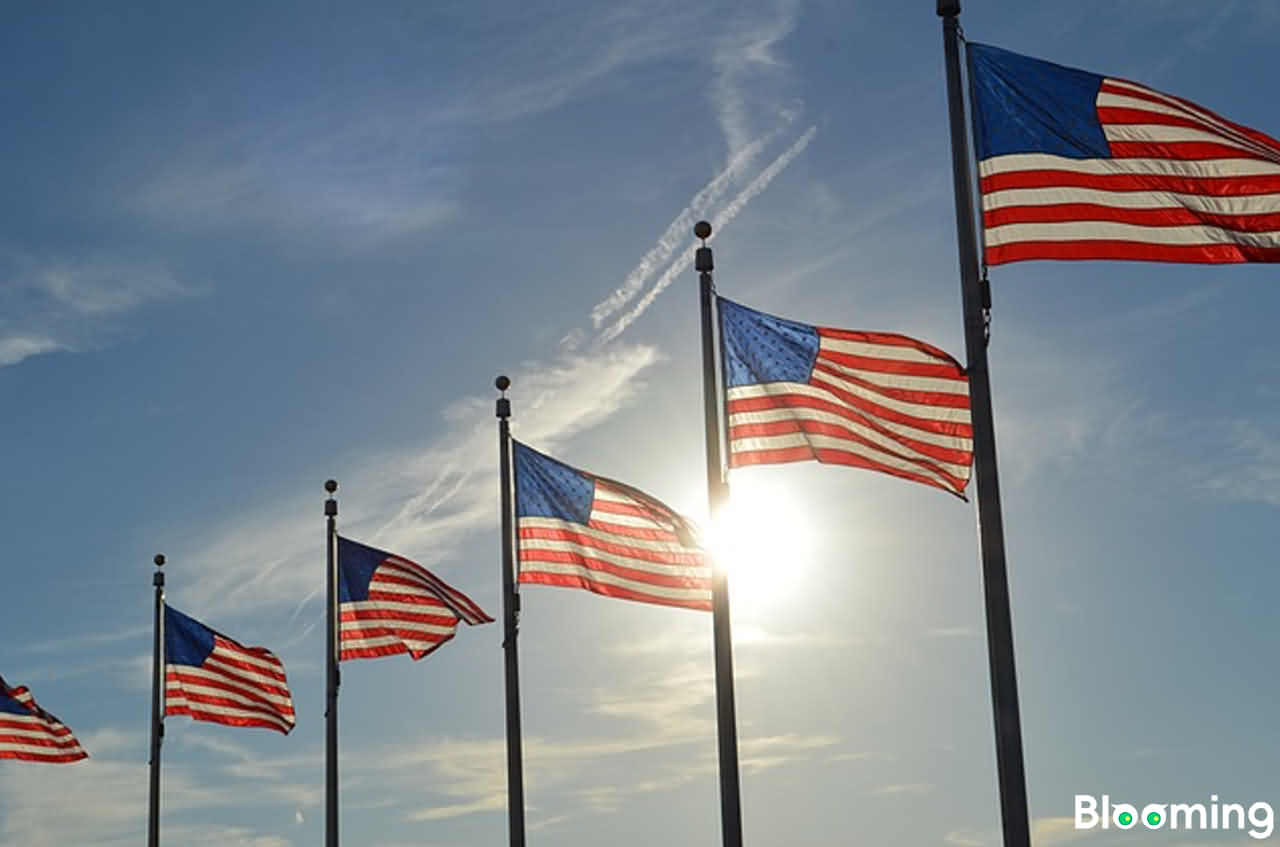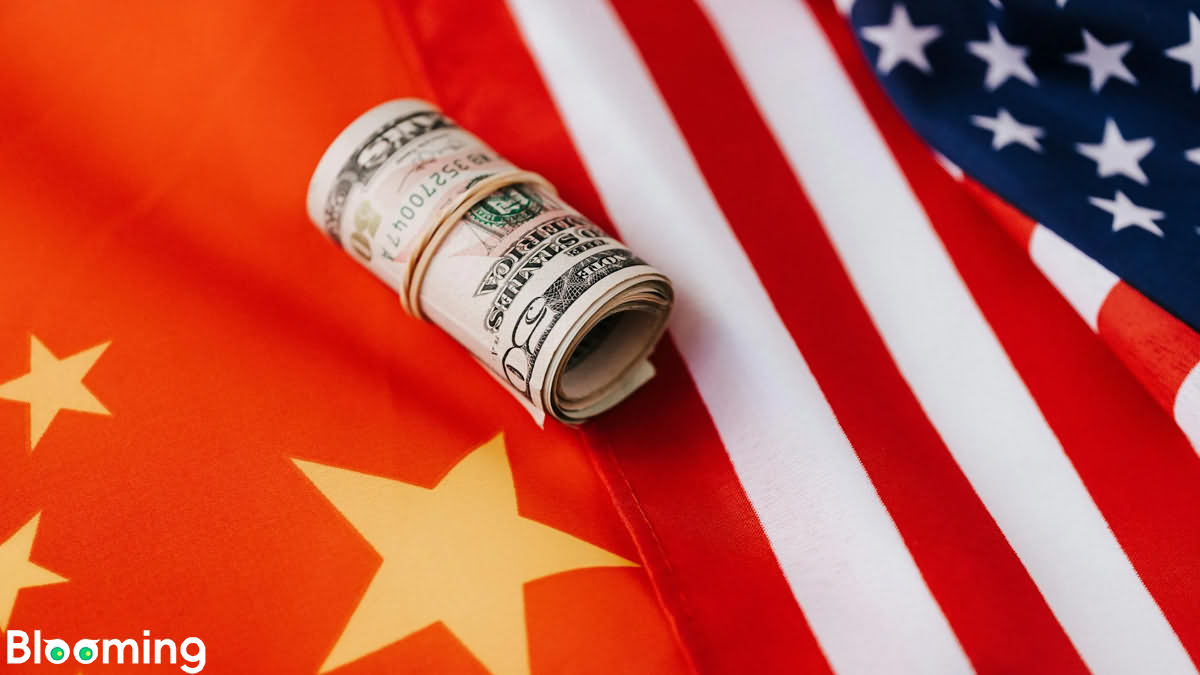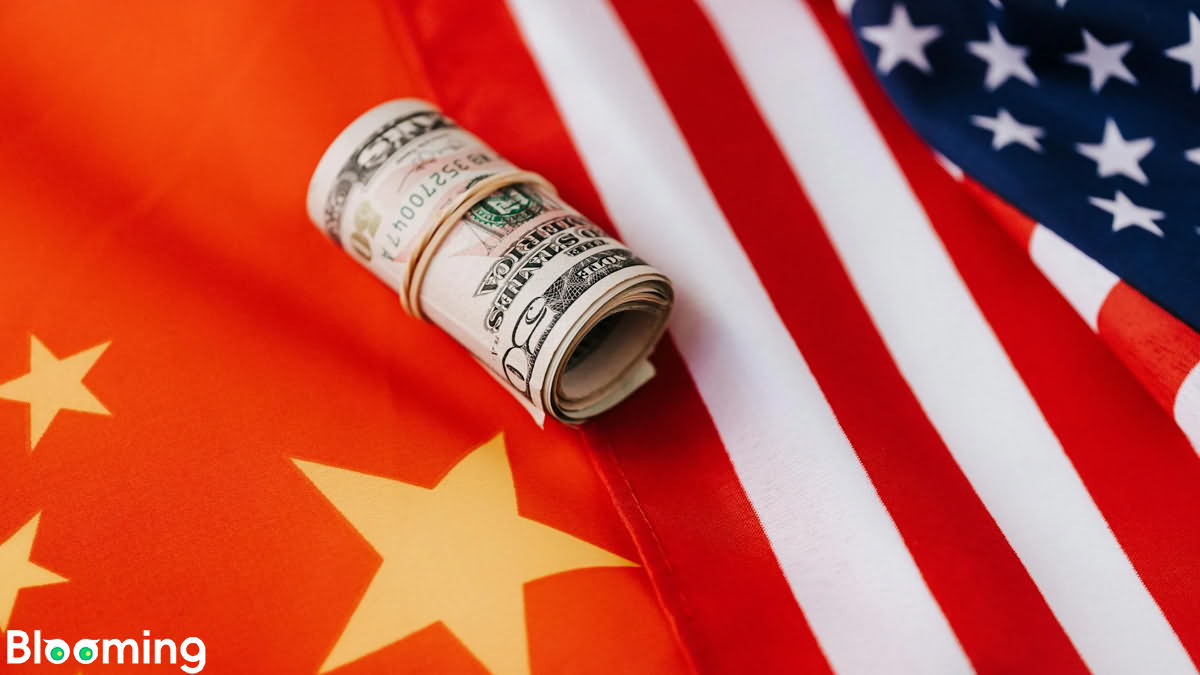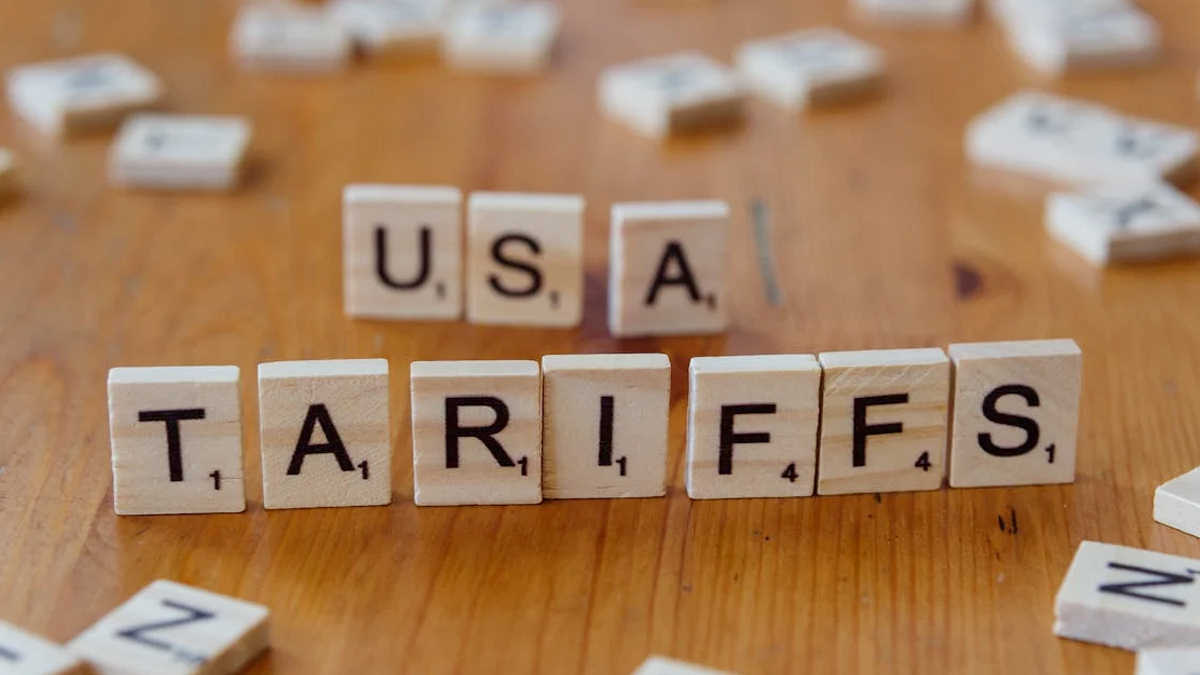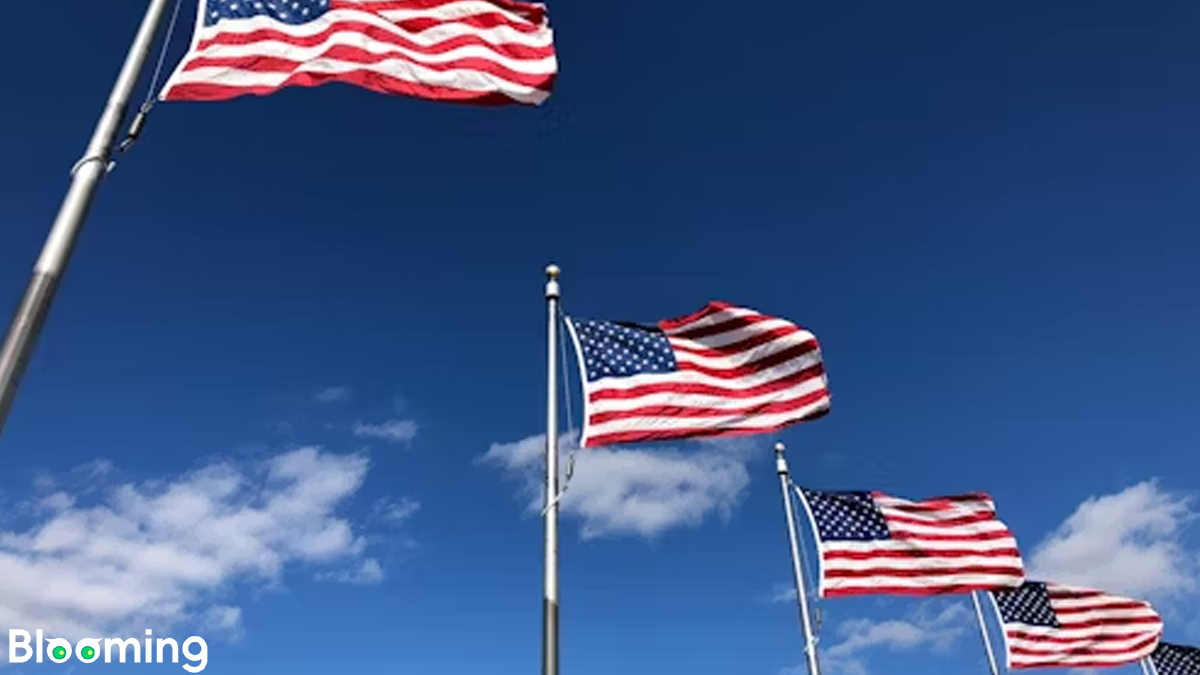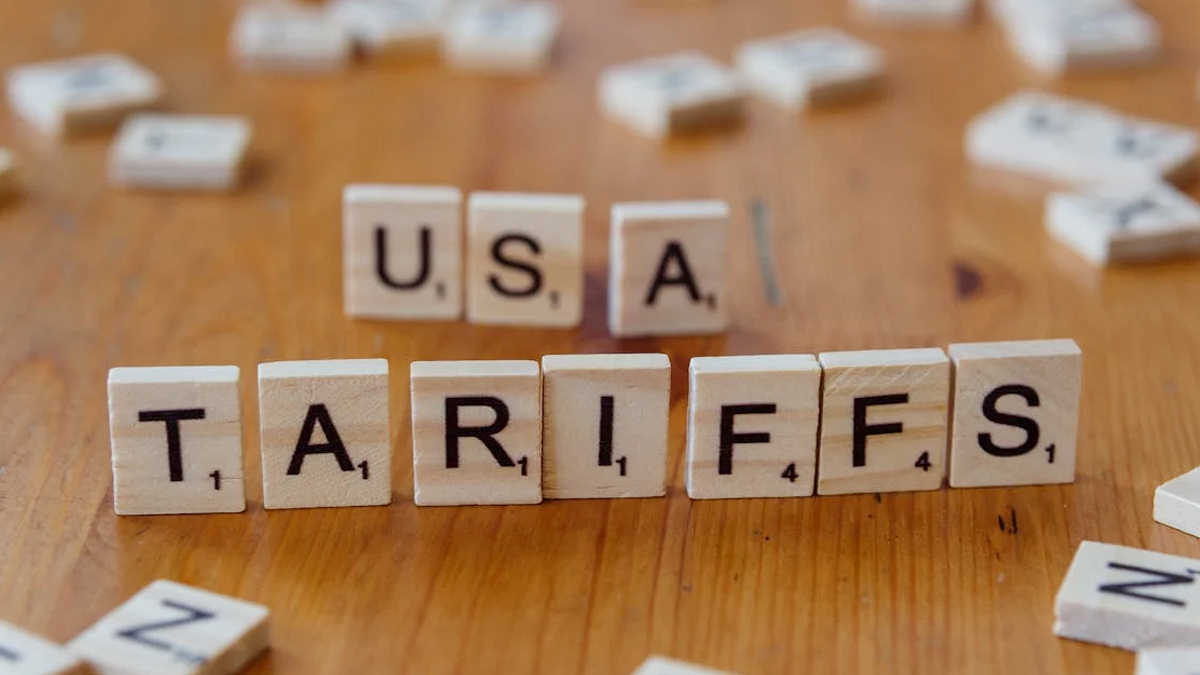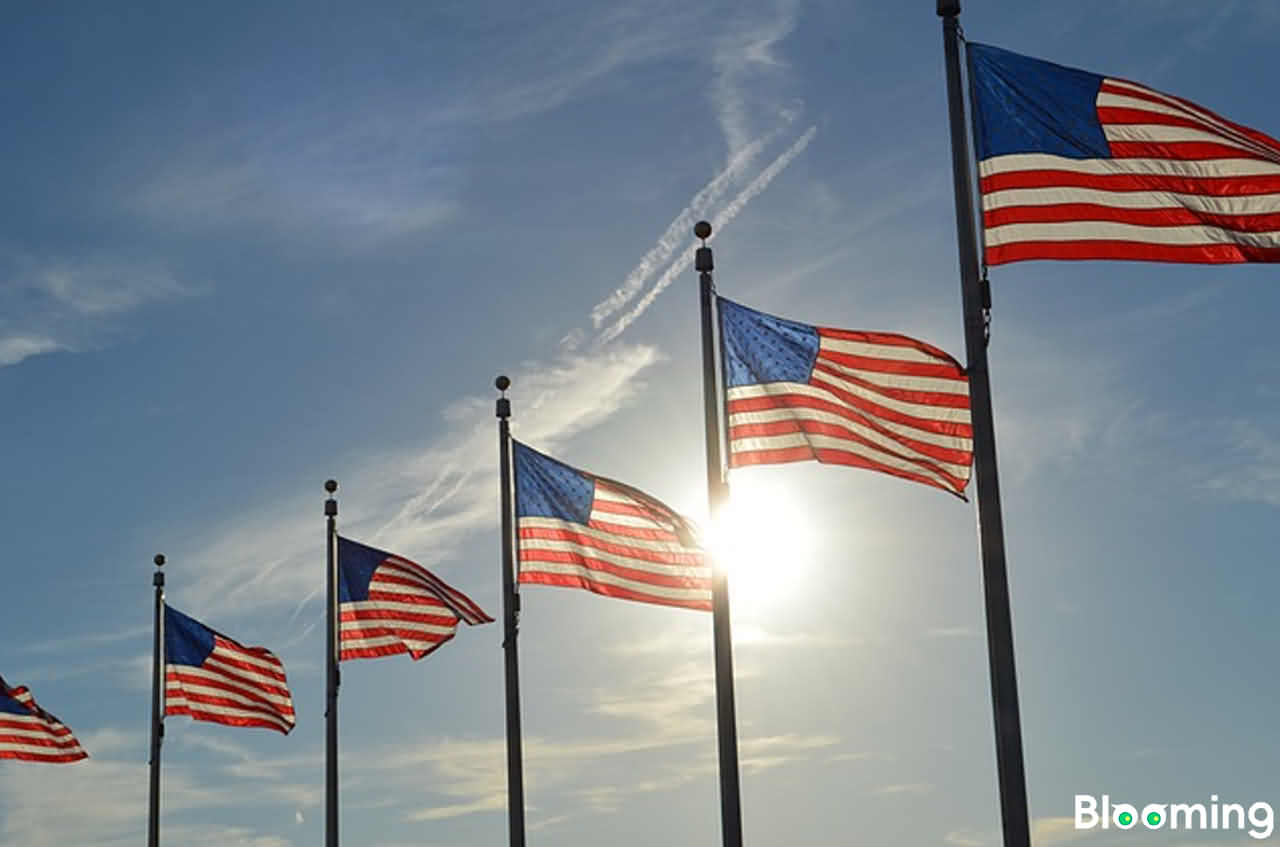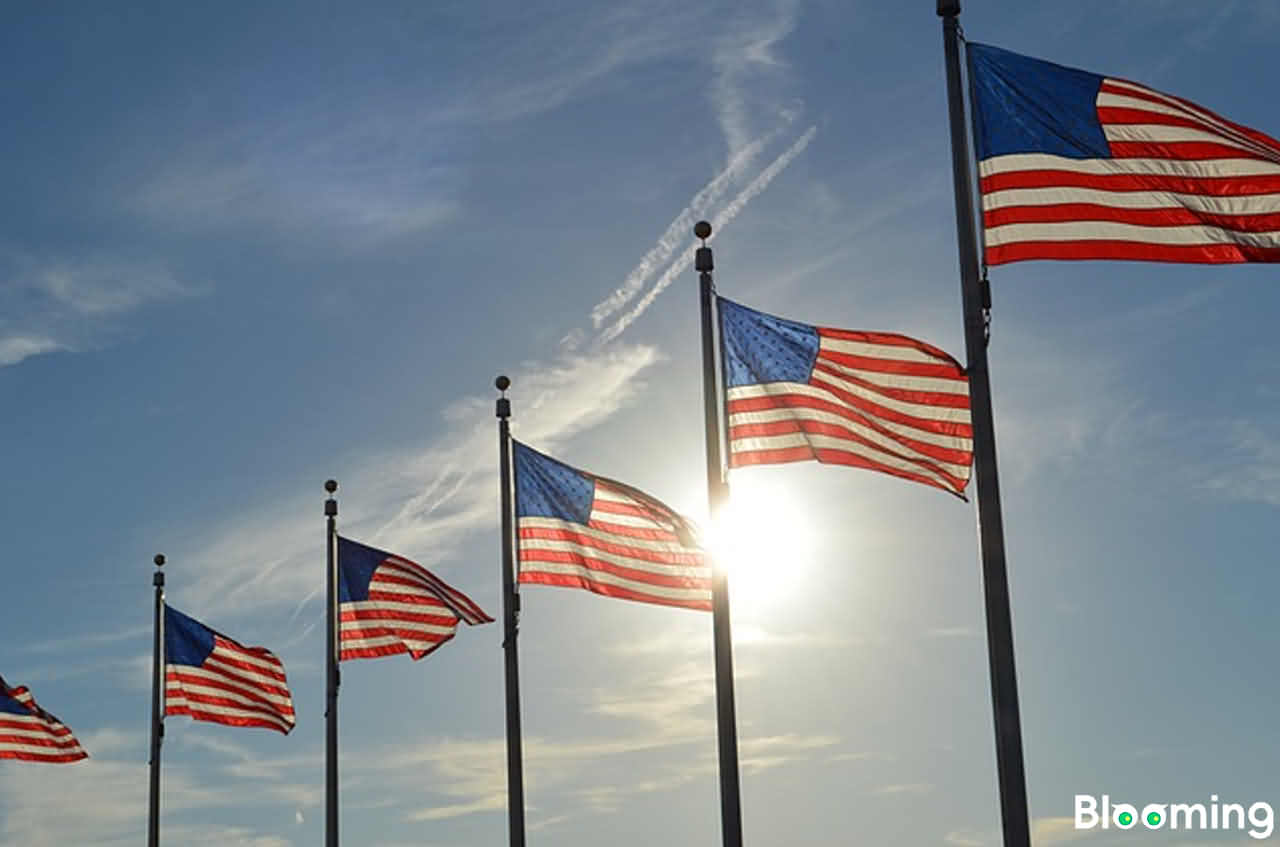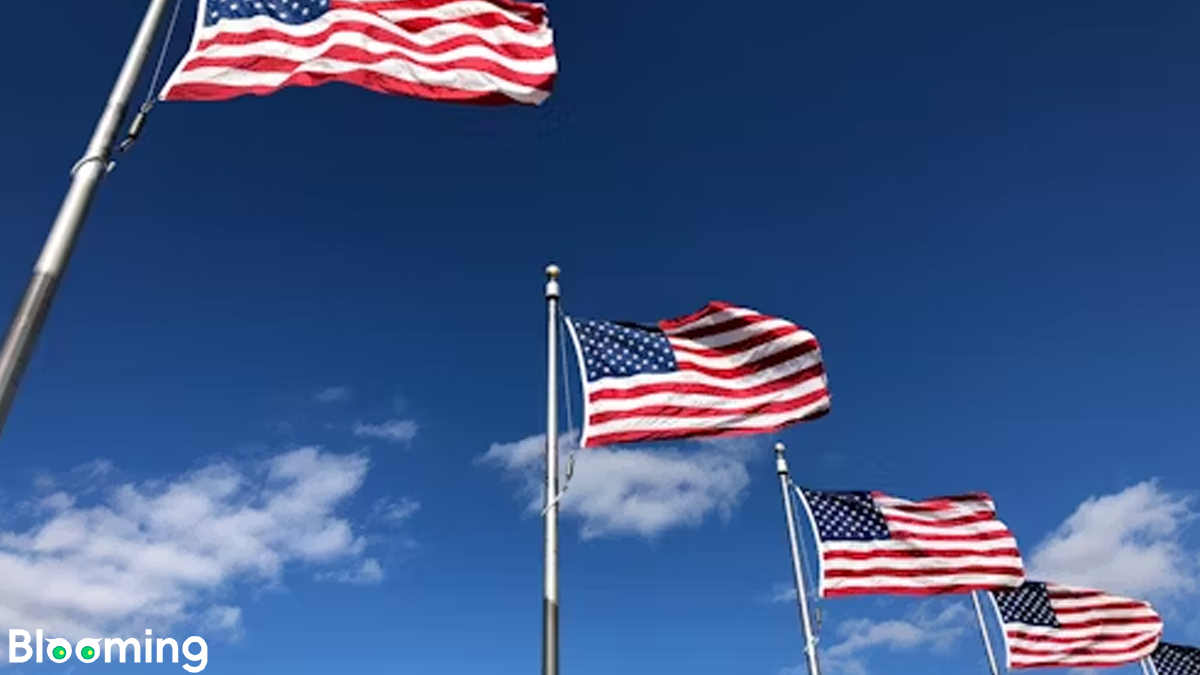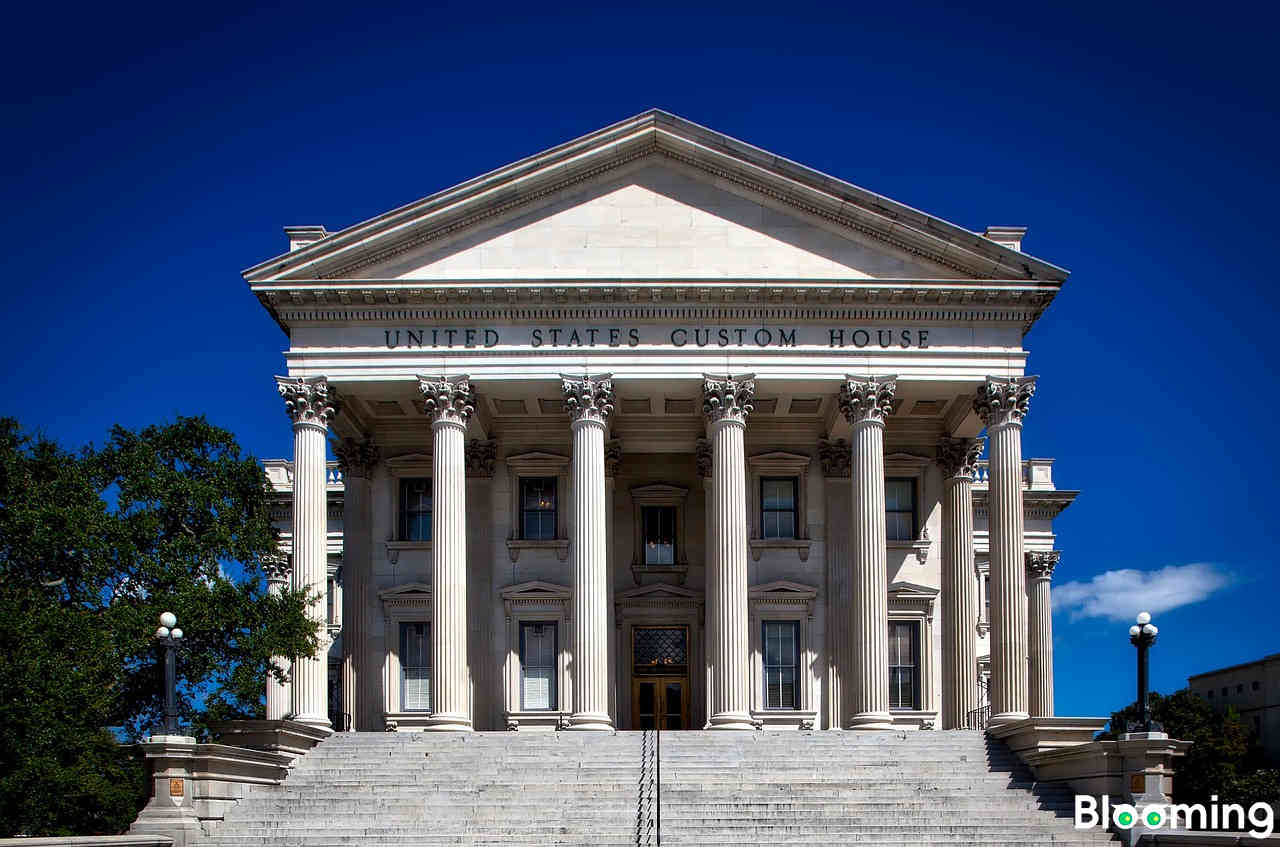US
About US global trade information, exclusive product market analysis, hot news and reports.
-
31 Oct 2025
US and China Agree Tariff Concessions and Trade Measures in Kuala Lumpur Talks
China and the United States achieved significant breakthroughs in trade consultations held in Kuala Lumpur, injecting fresh momentum into bilateral cooperation amid a complex global economic landscape.
-
30 Oct 2025
Xi and Trump Meet in Busan to Steer China-US Ties Toward Stability
Chinese President Xi Jinping and US President Donald Trump met in Busan on October 30, marking a key step toward stabilizing China-US relations.
-
30 Oct 2025
Breakthrough in Sight: US May Drop 100% Tariffs as New Trade Framework Takes Shape
U.S. and China are set to negotiate a trade deal that could slash tariffs on certain Chinese goods by half, from 20% to 10%, as reported.
-
29 Oct 2025
US Finalises Trade and Minerals Pacts with Four Southeast Asian Nations
U.S. secures trade and critical minerals pacts with four Southeast Asian nations, tackling tariff and non-tariff barriers.
-
28 Oct 2025
US-Vietnam Forge New Trade Pact to Strengthen Export Control Cooperation
U.S. and Vietnam finalize trade framework agreement, marking progress toward more balanced bilateral commerce.
-
24 Oct 2025
Trump Threatens 155% Tariff on Chinese Imports in Stakes-Raising Trade Move
President Trump, following White House talks with Australian PM Albanese, unveiled significant new statements on U.S.-China trade on October 20.
-
23 Oct 2025
Colombia Recalls US Ambassador Amid Escalating Diplomatic Row Over Tariffs and Drug Policy
Colombia recalls Ambassador Daniel García-Peña following directive from President Gustavo Petro, as announced by Foreign Minister Rosa Villavicencio.
-
22 Oct 2025
US Imposes New Tariffs on Truck Imports as Trump Signals Potential Trade Policy Shift
Recently, Trump signals openness to ease tensions, while his administration quietly relaxes key tariff policies.
-
20 Oct 2025
Trump Enacts Sweeping Tariffs on Vehicle Imports, Citing National Security
President Trump imposes new tariffs on imported autos and parts, citing national security under a 1962 trade law. The administration states the move aims to protect American industry.
-
16 Oct 2025
Vietnam's US Exports Could Fall by a Fifth Under New Tariffs, UN Warns
Vietnam faces up to $25 billion in projected export losses to the U.S. due to new tariffs, positioning it as Southeast Asia's most affected economy.
-
15 Oct 2025
US Softens Stance on China Tariffs While Maintaining Pressure Over Conduct
On 13 October 2025 Eastern Time, US Treasury Secretary Scott Bessent stated during an interview with Fox Business that the proposed 100% tariffs on Chinese imports were not a foregone conclusion.
-
13 Oct 2025
Trump Wavers on Summit with China After Announcing Sweeping Tariffs
President Trump threatened major new tariffs on China and cast doubt on a key meeting, only to later backtrack and leave the possibility open.
-
13 Oct 2025
US Set to Impose 100% Tariff on All Chinese Imports in Major Escalation
President Trump announces a staggering 100% additional tariff on all Chinese imports, effective November 1, 2025. This move will push the total tariff rate to 130% or more, compounding existing duties.
-
10 Oct 2025
Putin Signals Willingness to Mend US Ties as Russian Economy Feels Strain
President Putin stated that restoring full ties with the U.S. is in Russia's vital national interest during his address at the 22nd annual meeting of the Valdai Discussion Club.
-
11 Jun 2025
First Meeting of China-U.S. Economic and Trade Consultation Mechanism Held in London, UK
On June 9-10 local time, Chinese Vice Premier He Lifeng, China's lead representative on economic and trade issues, held the first meeting of the China-U.S. Economic and Trade Consultation Mechanism in London with U.S. counterparts
-
15 May 2025
U.S. Officially Repeals AI Diffusion Rule, Expands Chip Access for Middle East
On May 13, the U.S. Department of Commerce's Bureau of Industry and Security (BIS) officially announced on its website the repeal of the Biden administration's AI Diffusion Rule issued in January 2025
-
14 May 2025
China Adjusts Reciprocal Tariffs on the United States (Effective as of May 14)
The tariff rate will be adjusted from 34% to 10%, and the 24% additional tariff rate on the United States will be suspended within 90 days.
-
13 May 2025
Trump Signs Executive Order to Implement the 'Tariff Reduction Commitment' towards China
The 'reciprocal tariffs' on Chinese goods will be reduced to 10%, and the tax rates for 'small-value imports' will be lowered.
-
13 May 2025
Joint Statement of the China-US Economic and Trade Talks in Geneva
As needed, both sides can conduct working-level consultations on relevant economic and trade issues.
-
12 May 2025
He Lifeng: China-U.S. Reach Key Consensus, Talks Achieve Substantive Progress
High-level China-U.S. economic and trade talks were held in Geneva, Switzerland, from May 10 to 11.
-
29 Apr 2025
Thailand Responds to New U.S. Rules on Country-of-Origin Verification
The move is intended to prevent circumvention of trade regulations through false origin declarations for goods exported to the U.S.
-
29 Apr 2025
Chile, Canada, and Peru Oppose Potential U.S. Tariffs on Copper Imports
In response, the three countries submitted official letters to the U.S. Department of Commerce opposing the investigation.
-
28 Apr 2025
New Mexico Enacts Sweeping Restrictions on PFAS Use, Phased Ban on Over 100 Product Categories Starting 2027
In April 2025, the U.S. state of New Mexico passed the Per- and Poly-Fluoroalkyl Substances Protection Act
-
24 Apr 2025
U.S. Slaps New Tariffs on Solar Imports from Four Southeast Asian Nations
The United States has announced new anti-dumping and countervailing duties on solar products imported from Cambodia, Vietnam, Thailand, and Malaysia, following the conclusion of a year-long trade investigation.
-
18 Apr 2025
U.S. Advances Port Fee Plan Targeting Chinese Vessels
On April 17, 2025, the Office of the United States Trade Representative (USTR) announced updates to its plan to impose fees on Chinese vessels.
-
17 Apr 2025
U.S. Launches Section 232 Investigation into Critical Minerals
On April 15, the White House announced that President Trump has signed an executive order formally launching a Section 232 investigation into critical minerals and their derivatives.
-
15 Apr 2025
New U.S. Regulation Takes Effect to Restrict China's Access to Sensitive Data
The Regulation serves as a detailed follow-up to Executive Order 14117, which was issued to prevent countries of concern from acquiring sensitive personal data of U.S. citizens and government-related information.
-
09 Apr 2025
U.S. Releases 2025 Trade Assessment Report: Multiple References to Chinese Food and Cosmetics Sectors
Spanning 397 pages, the report outlines hundreds of tariff and non-tariff barriers affecting U.S. exports, with 48 pages specifically addressing trade issues with China.
-
08 Apr 2025
U.S. Customs Grants In-Transit Exemption Until May 27; Issues Import Guidelines for 10% 'Reciprocal Tariff'
CBP also granted a grace period for in-transit goods. Shipments that were loaded and in final transport mode before 12:01 AM (ET) on April 5, 2025, and that arrive in the U.S. before May 27, 2025, are exempt from the 10% reciprocal tariff.
-
08 Apr 2025
Trump Imposes New Tariffs on 51 African Countries
According to a report by Agence Ecofin, on April 2, U.S. President Donald Trump announced a new round of tariffs on imported goods from various countries.







